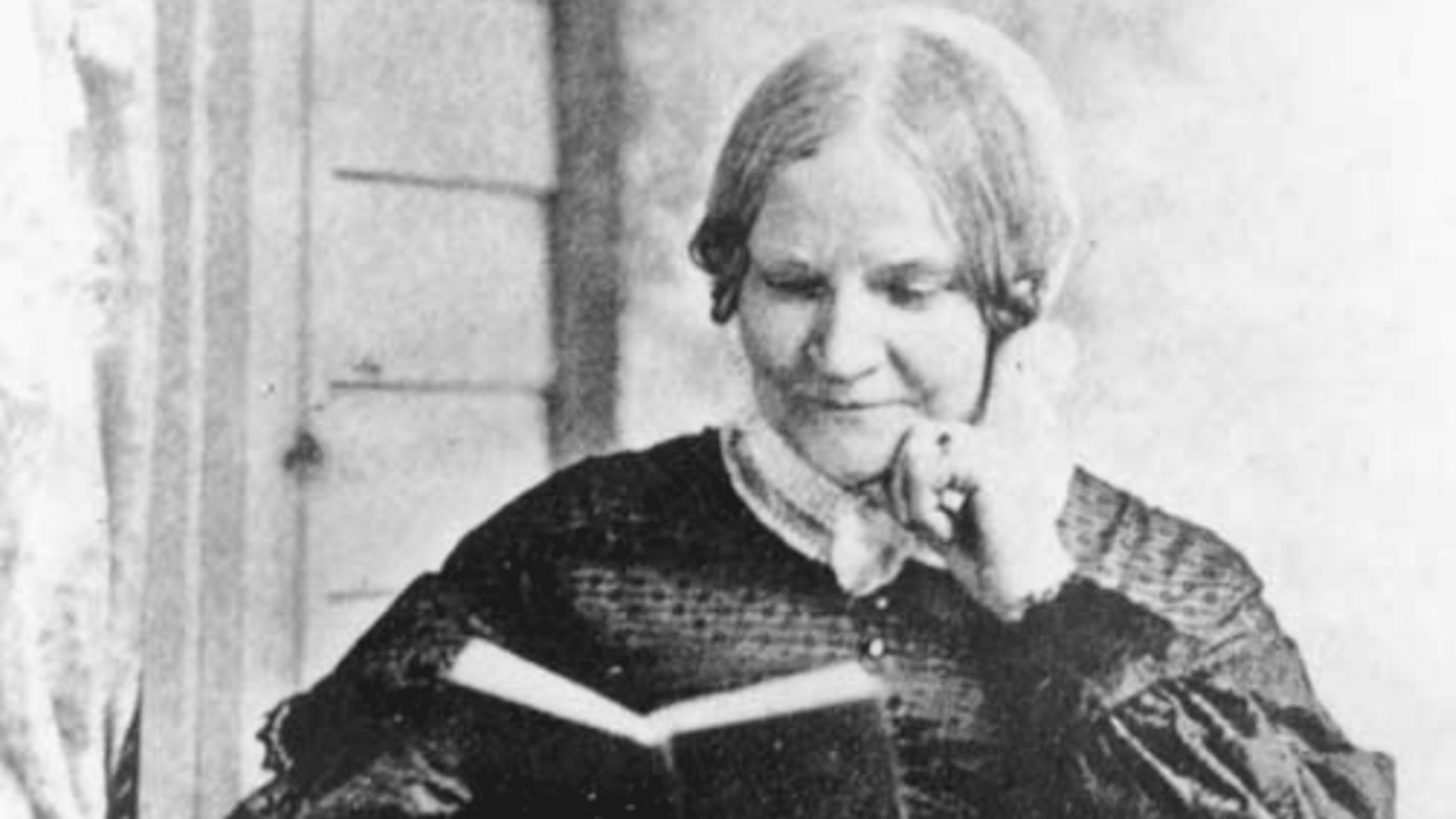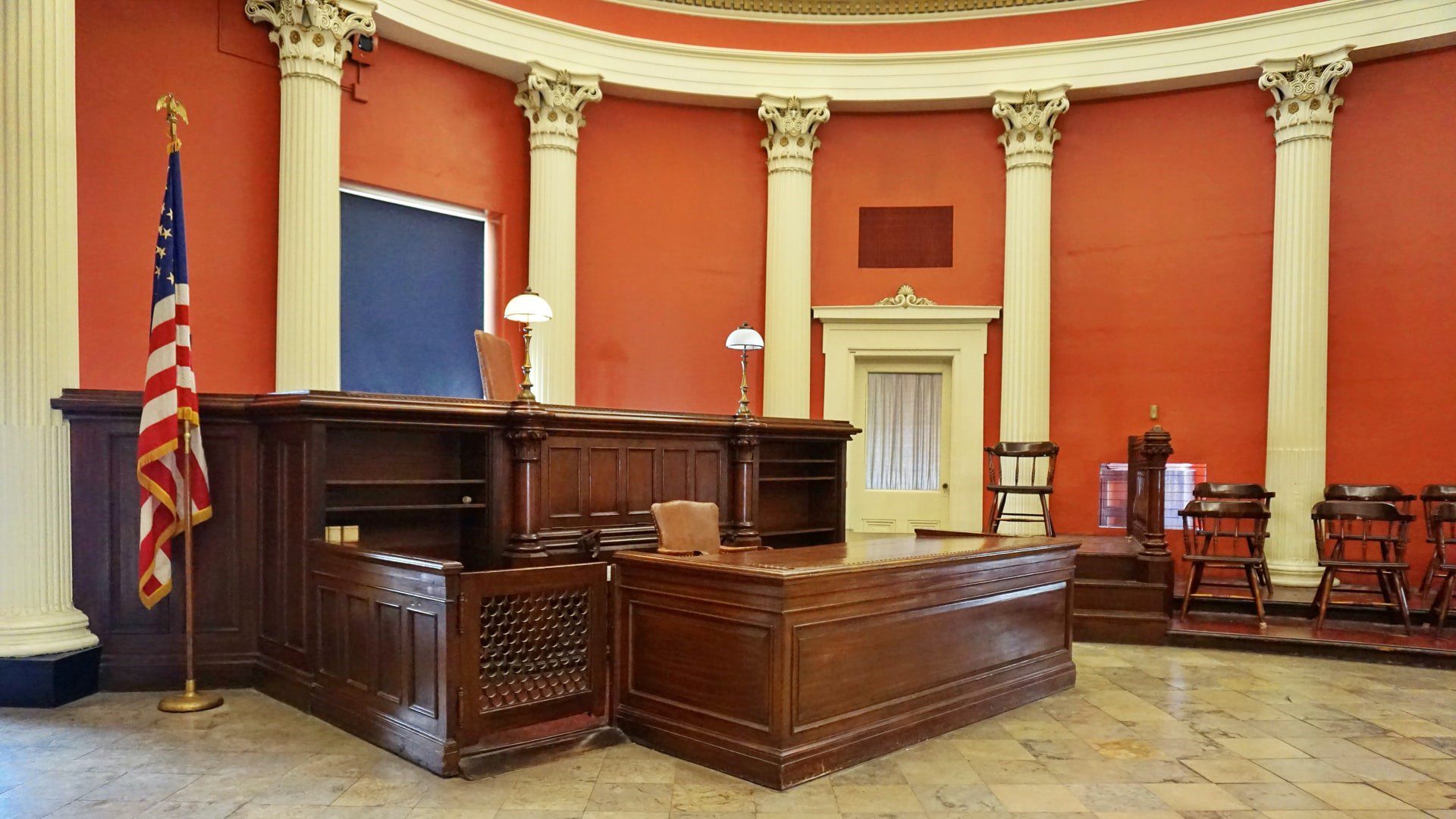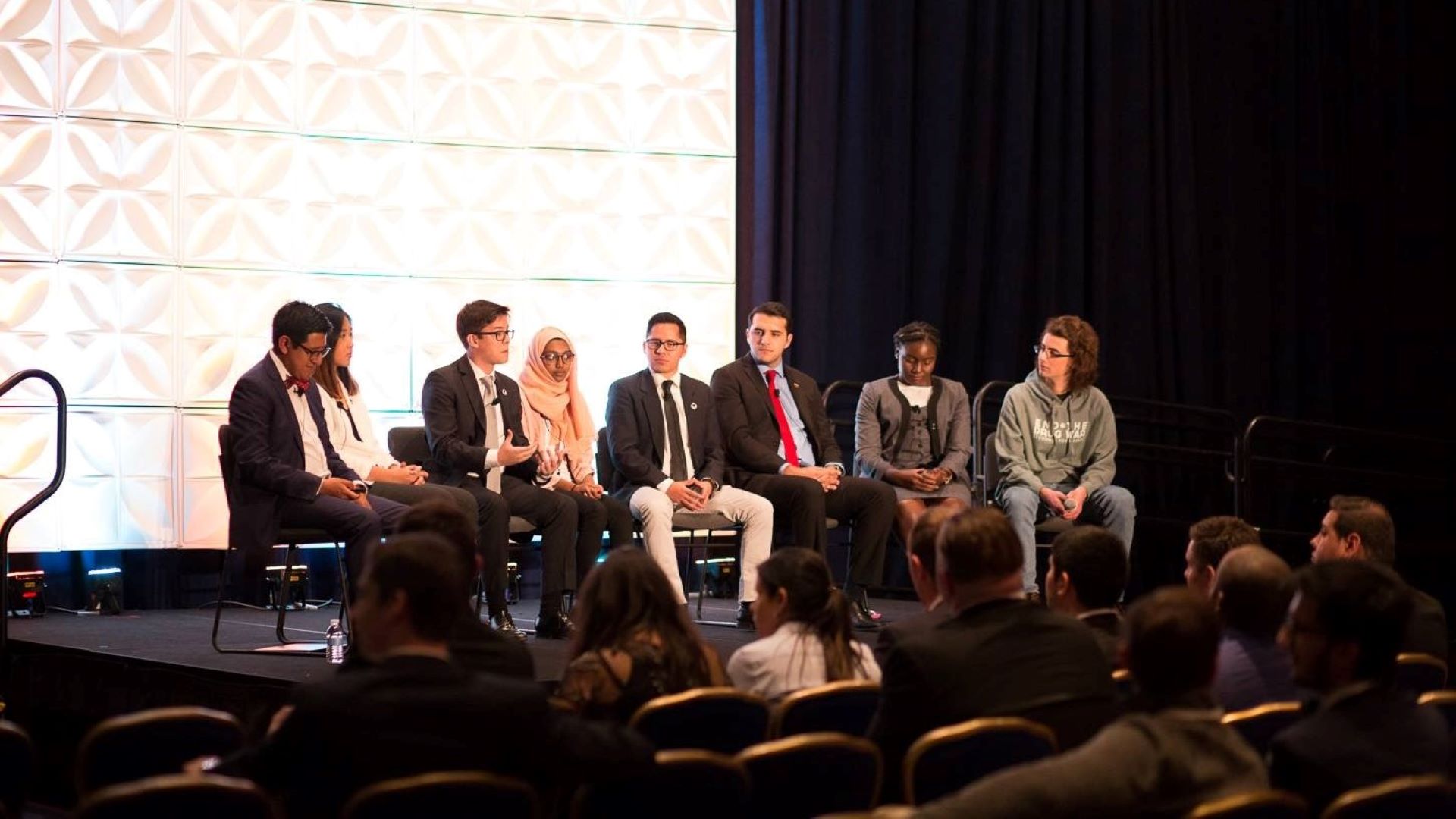“The gold was never coined for which I would barter my individual freedom of acting and thinking upon any subject, or would knowingly interfere with the rights of the meanest human being.” – Lydia Maria Child (1802-1880)
You could call Lydia Maria Child a 19th century “abolitionist” and “women’s rights advocate,” but it is simpler to use today’s word for someone who opposes state-supported slavery and inequality: a libertarian. She once said, “I am so great an advocate of freedom that I would have everything done voluntarily.” Child was a prolific writer, mainly of fiction and much of it for children. She is perhaps best remembered (sadly, given her life’s work) for her Thanksgiving poem, “Over the River and Through the Wood.”
Spreading liberty through writing
“In the simplest things I write,” she wrote to a friend, “whether for children or grown people, I always try to sow some seeds for freedom, truth, and humanity.”
Lydia Maria Child used her fictional stories to dramatize the plight of 19th century women, blacks, and Native Americans, including exceptionally taboo topics like interracial marriage and sexual exploitation. Slavery’s Pleasant Homes: A Faithful Sketch, for example, describes the sexual abuse of a beautiful female slave. When her slave “husband” (who she was prohibited from marrying) confronts her about her nightly trips to the master’s room, she can only weep, “Oh George! What can I do? I am his slave.”
Her first novel Hobomok, written in 1824 when Child was still 22, described the interracial marriage of a white woman and a Native American Indian, which clearly laid out a model of voluntary assimilation of the races. Carolyn Karcher speculates that James Fenimore Cooper’s rejection of interracial marriage in The Last of the Mohicans in 1824 may have been directly countering “the threat Hobomok posed.”
Later, in 1833, Child clearly staked out her radical position on marriage: “The government ought not to be invested with power to control the affections, any more than the consciences of citizens,” she wrote. “A man has at least as good a right to choose his wife, as he has to choose his religion.”
Exposing prejudice in the North and the South
An Appeal in Favor of that Class of Americans Called Africans constituted her official entrance onto the political scene in 1833. The book was profoundly radical for the time — the first book published in defense of emancipation without compensation. “Have the negroes no right to ask compensation for their years and years of unrewarded toil?” she demanded to know. “Slave holders try to stop all efforts of benevolence by vociferous complaints about infringing upon their property; and justice is so subordinate to self-interest, that the unrighteous claim is silently allowed, and even openly supported.”
Child attacked the very idea that one man could own another and in so doing enunciated the heart of libertarianism. “The personal liberty of one man can never be the property of another,” she wrote.
In slavery there is no mutual agreement; for in that case, it would not be slavery. The negro has no voice in the matter — no alternative presented to him — no bargain is made. The beginning of his bondage is the triumph of power over weakness… One man may as well claim an exclusive right to the air another man breathes, as to the possession of his limbs and faculties. Personal freedom is the birthright of every human being.
Even while she attacked the southern slaveholders, Child was under no false pretenses about her so-called northern allies. In the final chapter of An Appeal, she wrote, “Let us not flatter ourselves that we are in reality any better than our brethren of the South. Thanks to our soil and climate, and the very exertion of the Quakers, the form of slavery does not exist among us; but the very spirit of the hateful and mischievous thing is here in all its strength.” She went on to list all of the anti-black laws in the North, “in order that my readers may not be ignorant of the extent of this tyrannical prejudice.”
Not only was she theoretically opposed to prejudice, but she actively took steps to encourage abolitionists to patronize black-owned businesses. As editor of the Standard, she even printed their political essays, including one that declared, “Until abolitionists eradicate prejudice from their own hearts, they never can receive unwavering confidence of the people of color.” Child commented that “the rebuke is too well deserved.”
Child’s political strategy was strict nonpartisanship. “We must diligently exert moral influence to sway all parties,” she said in 1842. “By adhering closely to moral influence, we work through parties, but not with them. They do our work; we do not theirs.” She described how that strategy worked to their advantage: “In Massachusetts, for instance, before the formation of a distinct abolition political party, both parties were afraid of the abolitionists; both wanted their votes; and therefore members of both parties in the legislature were disposed to grant their requests.”
On the American Civil War
When the Civil War came, she believed correctly that it would end southern slavery, but she maintained her nonpartisanship. Commenting on Lincoln’s policy of returning runaways early on in the war, she wrote despairingly, “Every instance of sending back poor fugitive slaves has cut into my heart like the stab of a bowie-knife, and made me dejected for days; not only because I pitied the poor wretches who trusted the government in vain, but because I felt that all moral dignity was taken out of the conflict by such incidents.”
After the war, Child continued to work on behalf of equality. Although nonpartisan, she worked with Sen. Charles Sumner on reconstruction-era measures to assure legal equality for blacks, including the Civil Rights Act of 1875, which banned public discrimination in transit and jury-selection.
Advocating for the rights of women and Native Americans
She also continued to advocate for women’s rights. In 1872, she wrote to Sumner, “I reduce the argument to very simple elements. I am a human being; and every human being has a right to a voice in the laws which claim authority to tax him, to imprison him, or to hang him.”
Throughout her life, Child was a tireless advocate on behalf of Native Americans. In 1868, after emancipation had been accomplished for slaves, she turned toward the subject in earnest, writing “An Appeal for the Indians.” As in her work on slavery, she systematically demolished each argument against equality, using science and reason.
“Do we say that their modes of torture indicate irreclaimable barbarism?” she asked. “I might fill columns with similar monstrosities practiced by nations of the white race. The tortures of the Inquisition were almost entirely for differences of belief concerning theological doctrines; an insanity of cruelty of which Indians were never guilty.”
Lydia Maria Child was a writer for all
It is impossible to list all of Lydia Maria Child’s contributions to American literary and political culture. She wrote children’s literature, history, essays, novels, poetry, romance, and much else. She was also a religious skeptic and wrote a tremendous three volume work called The Progress of Religious Ideas: Through Successive Ages, but I want to conclude with her personal thoughts about the political development of the abolitionist movement in the U.S., which I feel bear the most relevance to the modern liberty movement.
She wrote of the unity and camaraderie between her fellow abolitionists. “The memory of the early anti-slavery days is very sacred to me,” she wrote. “Political and theological prejudices and personal ambitions were forgotten in sympathy for the wrongs of the helpless, and in the enthusiasm to keep the fire of freedom from being extinguished on our national altar.” This is the unity that the modern libertarian movement needs — a single-mindedness that has only one goal as its aim: the emancipation of humanity from the chains of government.
In a letter to a friend, Child wrote about a dinner party that reminded me so much of many nights with libertarians throughout the country — drinking, laughing, debating, or just sitting and listening to stories from happy warriors for freedom.
“How much we did talk!” she wrote. “Sometimes laughing over old reminiscences, sometimes serious even to sadness in view of the great struggle between despotism and freedom. None of us had much faith in men, or in any political party… We didn’t any of us realize in those early days the extent of our privilege in having engaged in a cause so righteous, with so many earnest, true-hearted, all-alive people.”
A version of this article first appeared on The Skeptical Libertarian blog.
To read more about equal treatment under the law, be sure to check out our cluster page by clicking on the button below.
This article was originally published on the Learn Liberty blog.
This piece solely expresses the opinion of the author and not necessarily the organization as a whole. Students For Liberty is committed to facilitating a broad dialogue for liberty, representing a variety of opinions.









